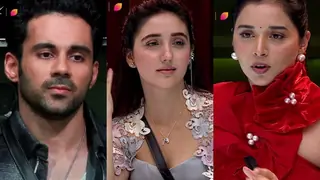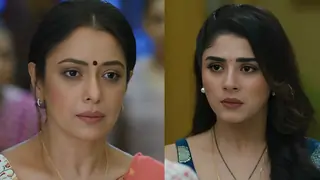Originally posted by: arshi_asya
Social marriages was the norm of old societies. Societies were small, so relatives, neighbors testimony held true then including testimony of the person in concern. Some societies only considered the testimony from people involved. For ex. If a wife goes on to complain of cheating in old societies, then wife's words would be believed first & if investigstion is launched then society in which she lived or prominent person from those societies would be asked to testify for her & that would be considered valid. Normally, priests would keep a record of marriage they conducted which would hold true legally since they were revered by everyone. Then there could be some token to prove that marriage happened indeed. Frauds were less since small societies used to be little moralistic on their own.
Modern legal system came much later. And all this has become complex because of societies which have become complex on a whole.
There are still tribal societies who don'y have marriage system but their rules are based around families who live together with their children.
Sorry I’m asking so many questions. These tribal societies that you have mentioned are those marriages considered legal as per the Indian law?

























